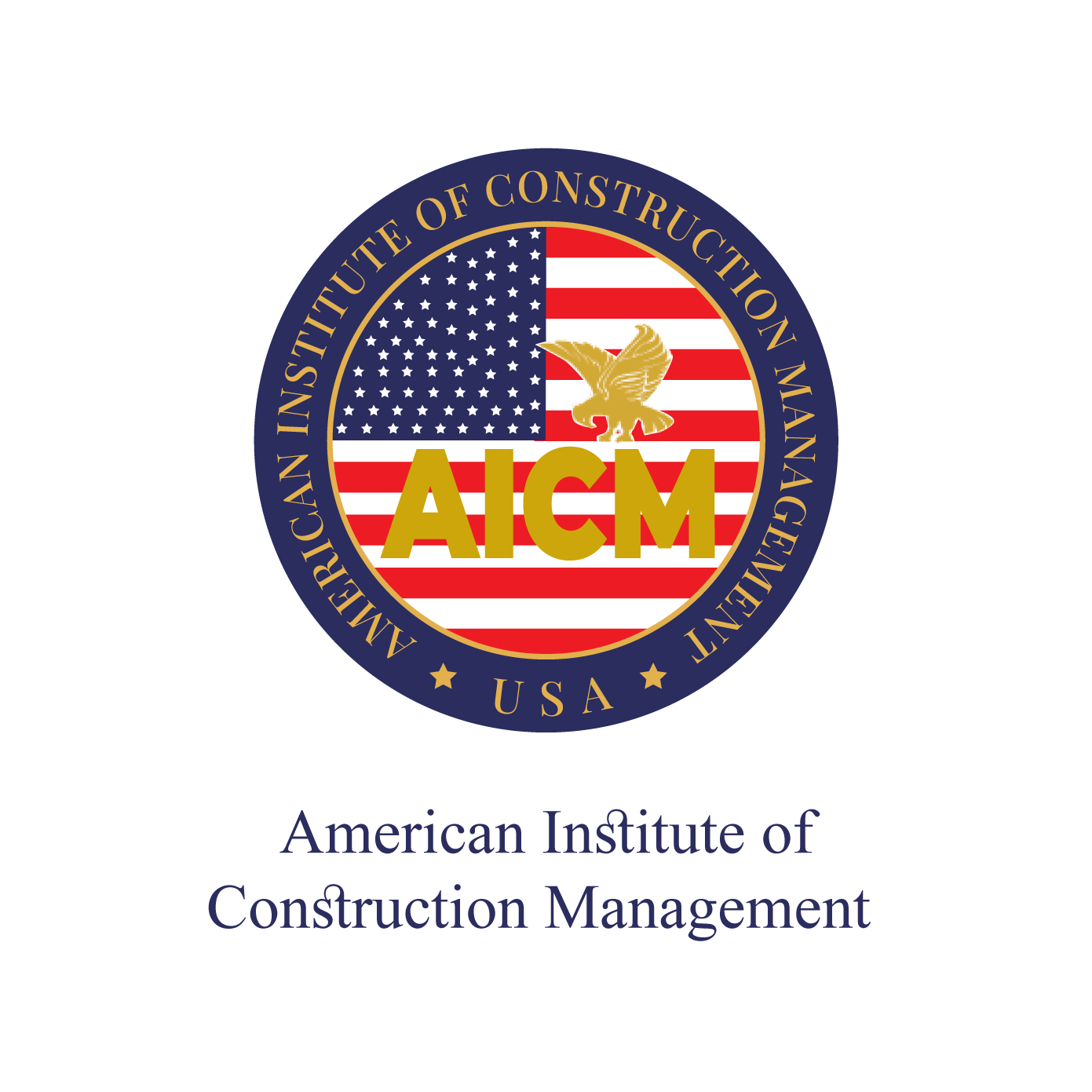
The American Institute of Construction Management (AICM) is a leading institution committed to developing executive leadership in the global construction and project management industry. As a distinguished affiliate of the American Institute of Business and Management (AIBM), AICM upholds AIBM’s legacy of academic excellence and global recognition while focusing exclusively on the dynamic and fast-evolving field of construction management. In a world where infrastructure projects, sustainability goals, and technological advancements shape the industry, AICM provides specialized, globally recognized certifications designed to equip professionals with the strategic insights and leadership capabilities needed to navigate complex construction environments.
AICM offers a comprehensive suite of certification programs tailored to meet the practical challenges faced by today’s construction managers. Whether overseeing large-scale infrastructure projects, managing construction teams, driving innovation in sustainable building practices, or ensuring compliance with global construction standards, AICM’s programs are designed to elevate leadership across construction firms, real estate developers, government agencies, and engineering companies. Through real-world case studies, hands-on simulations, and mentorship from seasoned industry experts, participants gain valuable insights into global best practices, including LEED certification, ISO 9001, and emerging trends in digital construction management technologies such as BIM (Building Information Modeling).
As an affiliate of AIBM, AICM benefits from access to a vast global academic network, cross-disciplinary insights, and international forums that provide a platform for thought leadership and industry innovation. This affiliation strengthens the credibility of AICM’s certifications, ensuring they are aligned with the highest global standards and construction industry best practices. The institute’s flexible, modular learning structure allows professionals to advance their careers while balancing the demands of their work, ensuring that learning is both accessible and transformative.
AICM stands for ethical, innovative, and impact-driven leadership in construction management. Its commitment to fostering excellence, sustainability, and safety in construction practices is embedded in every program it offers. More than just a certifying body, AICM is a catalyst for change—empowering construction management professionals to lead with vision, integrity, and purpose in a complex and ever-evolving global construction landscape.
In the dynamic and evolving landscape of the 21st century, Construction Management stands as a critical discipline at the intersection of innovation, infrastructure development, and sustainable practices. It plays a pivotal role in shaping the skylines of cities, ensuring the efficiency of construction projects, and fostering economic growth. In this narrative, we will explore the current and future job prospects within Construction Management, highlighting the transformative forces driving opportunities in this field, as well as the significance of certifications in elevating careers within the industry.
Construction Management offers a diverse range of job opportunities, and the current job market in this field is robust and multifaceted. Professionals in Construction Management oversee projects from inception to completion, ensuring they are executed efficiently, safely, and within budget. Some prominent current job roles include:
The future of Construction Management is poised for growth and transformation, driven by emerging trends and technologies. Anticipated future roles may include:
Certifications in Construction Management offer numerous benefits:
In conclusion, Construction Management is a thriving field with a wide array of current and future job opportunities. Certifications are essential for professionals seeking to excel in this dynamic industry, providing them with the expertise and recognition needed to navigate complex construction projects and advance their careers.

AIBM and its subsidiary institutions AIFB, AICM, AIDSAI, AIDM, AIREM, AIEM, AIEHSM, AIHHM, AIIT, AIIM, AIIHM, AIOGM, AIPC, AIPLM, AIREM, PowerPhD Institute and OMI offer a range of progressive, flexible and affordable business, management and skill based professional certifications.